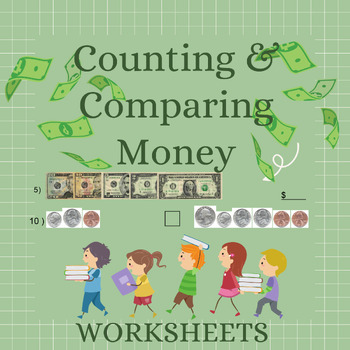7 Money-Saving Comparison Tools Every Smart Shopper Uses
Price Comparison Websites: Use tools like Google Shopping, PriceGrabber, and Shopping.com to compare prices across retailers instantly.
Cashback Apps: Rakuten, Honey, and Ibotta help you earn money back while comparing deals from thousands of stores.
Bank Rate Comparison Sites: Bankrate and NerdWallet provide real-time comparisons of loan rates, credit card offers, and savings account yields.
Insurance Comparison Platforms: Compare.com and Insurify help you find the best insurance rates in minutes.
Investment Fee Analyzers: Tools like FeeX and Personal Capital help compare investment fees and find lower-cost alternatives.
Utility Comparison Services: Compare electricity, gas, and internet providers to reduce monthly bills significantly.
Travel Comparison Sites: Kayak, Expedia, and Skyscanner help find the best deals on flights, hotels, and rental cars.



